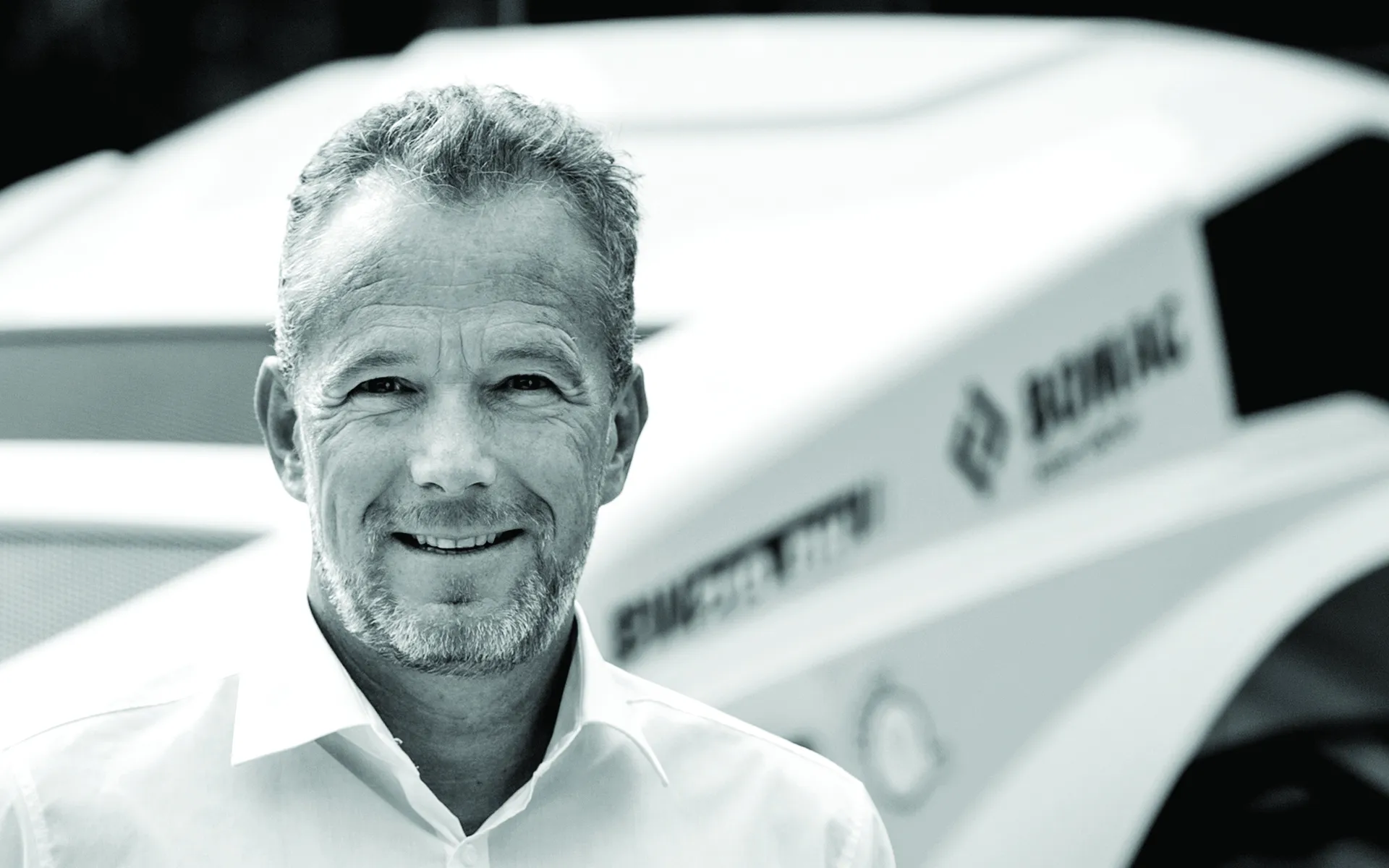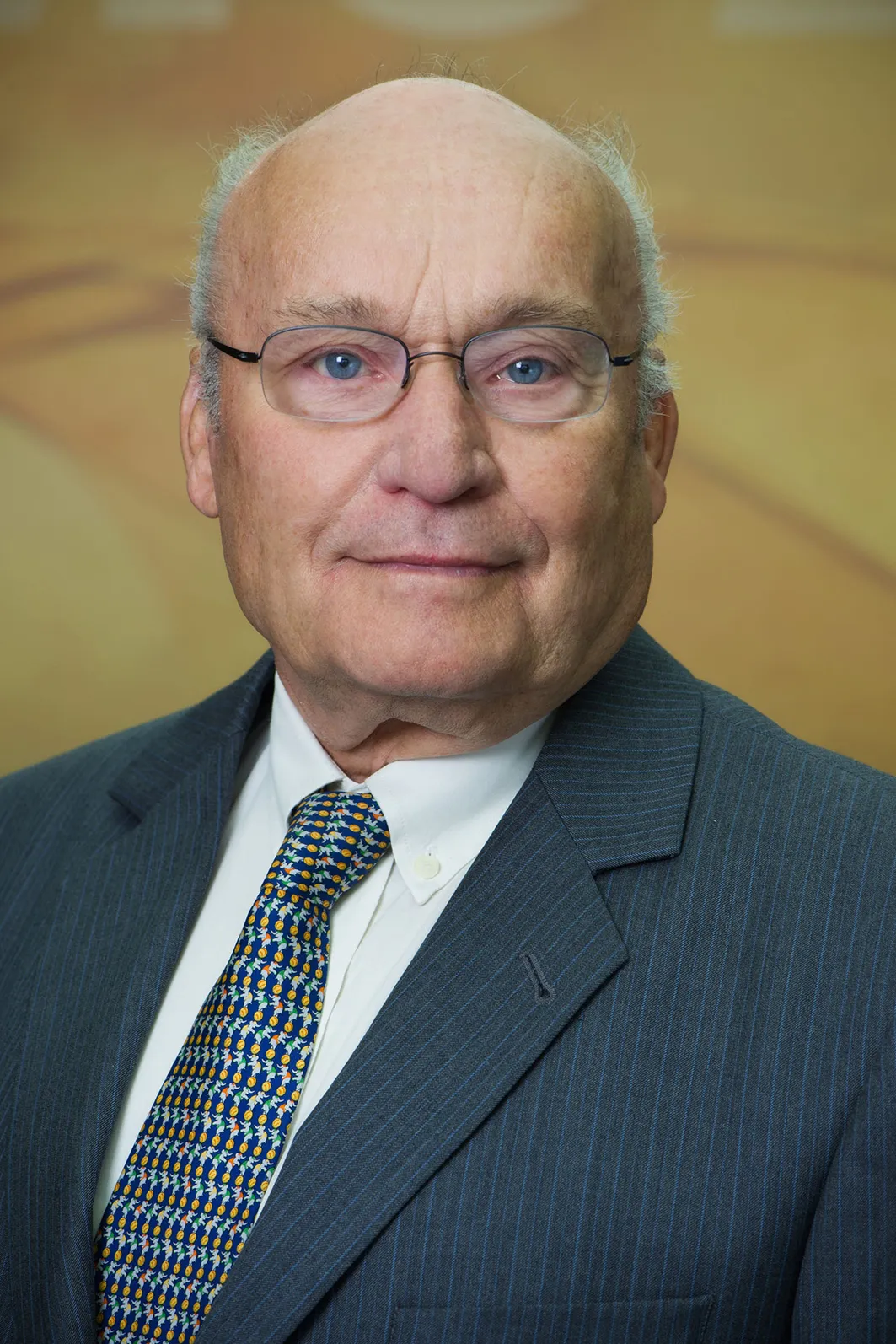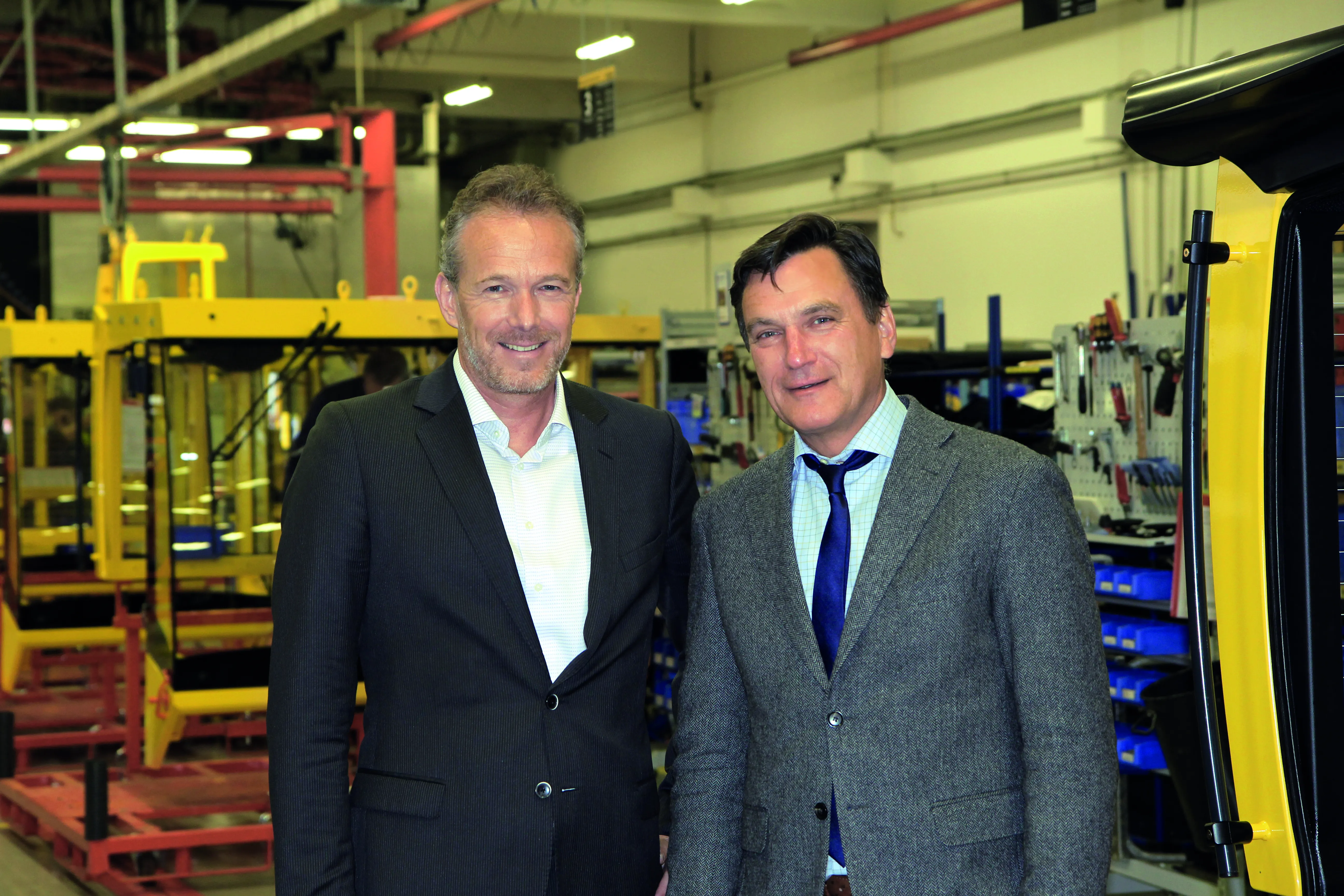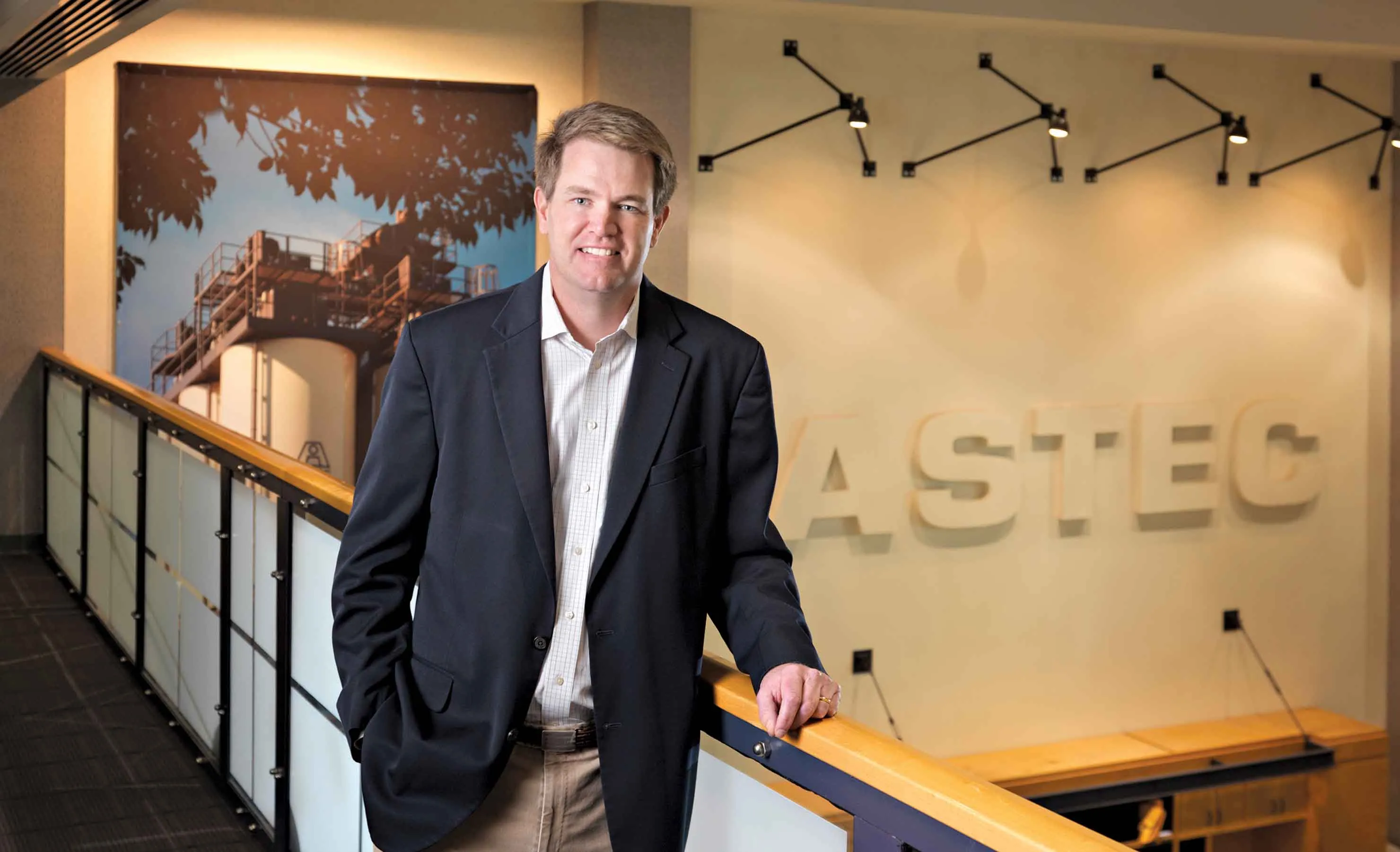
Ralf Junker hasn’t forgotten his roots. You can put as much machine control as you like on a piece of construction equipment but all that high-technology is for nothing if the build quality isn’t there. Junker knows something about build quality. When he started at
Fabrication and manufacturing systems were his forte and he worked his way up the company, overseeing manufacturing systems and all supply chain activity.
“Machine quality is a major part of our DNA,” says Junker who took over the reins of BOMAG earlier this year. “When we build a roller, there up to 40 quality steps. It starts, for example, with the auditing of a new supplier to meet our quality levels. Once a new supplier is appointed we do sample tests on 100% of the parts.
“If the supplier is performing well, this is reduced to say, 50% of the parts, and maybe a half year later it is further reduced to 10%. Internally, we have many of our own quality checks. One of the most important is that each product after assembly is tested totally. A mid-sized roller will have a test run of up to one and half hours non-stop on a test bed to simulate heavy working conditions.”
BOMAG, a global player in the field of compaction and resurfacing equipment and technology, was founded 60 years ago at its present location, the small German town of Boppard, in the heavily forested south-west Rhineland-Palatinate. The company employs about 2,200 people and generates an annual turnover of around €673 million (US$800 million). It has six branches in Germany, 12 independent subsidiaries and more than 400 dealers in 120 countries.
The Rhineland-Palatinate traditionally is first among all Germany’s states and regions when it comes to exporting - around half of what it manufactures - mostly wines, chemicals,pharmaceuticals and auto parts - go outside the country. The company’s own manufacturing depth – products made in-house - is around 20% of all parts. Most car manufacturers have around 5%, if that.
Junker’s background as an apprentice welder before doing a three-year mechanical engineering degree has engrained in him a deep belief in the apprenticeship system. But his rise through the manufacturing side of the business is not that unusual for the company, he explains.
“Half of our management group started as an apprentice, you maybe go to university, come back and then grow as a trainee in the company. But the other half has come from outside BOMAG which is essential if a company is to ensure fresh ideas. There must be a good mix of in-house and external people,” he says.
Junker says he fought hard to maintain apprenticeships at BOMAG when, in 2001, the company was taken over by a private equity firm. “They wanted me to stop apprenticeships. We fought against this for three years and eventually lost the battle. However, after a year of no apprenticeships, fortunately we were sold to
Junker also fully appreciates the growing importance of machine control and the wider encompassing issue of the connected work site. BOMAG, he insists, has been in the forefront of these trends since their inception.
With new state-of-the-art machine control systems, such as BOMAG’s Intelligent Compaction, a contractor isn’t dependent as much on the experience of the driver to get a good road surface. Junker also believes that equipment operator jobs should be more appealing for young people – the very people that many contractors in Europe are having a hard time attracting.
“It used to be that operators had to know if three passes with a roller was enough or should it be five or six? Today our measuring systems tell the driver how many passes is enough. When the bar of lights in our Economiser system is fully lit up, everybody knows the job is done,” he says.
But machine control is just one part of the future worksite’s mosaic of technologies brought about by the gradual introduction of Business Information Modelling (BIM) in many parts of Europe. Starting in 2020, Germany’s federal government intends to plan, tender and construct the first infrastructure projects based on digital construction site models. At this point, BIM will become reality for road construction as well (see box).
Machine control for some manufacturers is a closed system requiring proprietary software. However, with an eye to the growing reality of BIM, the data ports on BOMAG machines are open to third parties, Junker explains. This will all allow easier use of third party machine control software.
“For us it is mandatory that we have an open system. To have a closed system will, in the long-term, reduce the capability of our machines to communicate with other earthmoving equipment and trucks, and other machinery. Creating our own system is not something that we at BOMAG see as a good long-term strategy,” he says.
“I would assume that maybe in 10 years there will be one system worldwide for job sites. Customers are even now asking for this.”








